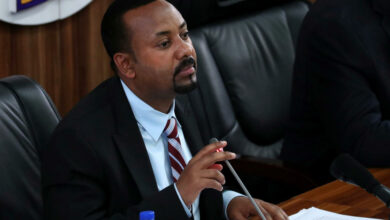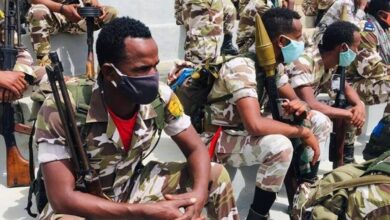Ethiopia
UN Says At Least 1,000 Arrested Since Ethiopia Declared State Of Emergency

The United Nations (UN) on Tuesday said at least 1,000 people, mostly ethnic Tigrayans, have been detained in cities across Ethiopia since a state of emergency was declared two weeks ago, reported UN News.
The Ethiopian government announced a state of emergency on November 2, a year after a conflict erupted between forces led by Prime Minister Abiy Ahmed and the Tigray People’s Liberation Front (TPLF), the political party controlling the northern region of Tigray. Thousands have died and more than two million people have been forced from their homes due to the conflict. Hundreds of thousands are now living in famine-like conditions.
During the state of emergency, which is valid for six months, the security forces get the power to detain suspects without trial and perform house-to-house searches without a warrant.
“At least 1,000 individuals are believed to have been detained over the past week or so – with some reports putting the figure much higher,” the UN High Commissioner for Human Rights said in a statement.
According to Liz Throssell, a spokesperson for the Office of the UN High Commissioner for Human Rights (OHCHR), the arrests occurred in Ethiopia’s capital, Addis Ababa, the northern cities of Gondar, and Bahir Dar, and other places.
Ms. Throsell said that 10 local UN staff members were still being held in Addis Ababa, along with 34 contracted drivers. She warned that the sweeping powers of the current state of emergency risked compounding the already very serious human rights and humanitarian situation.
The UN rights office spokesperson explained that its provisions are extremely broad, with vague prohibitions going as far as encompassing “indirect moral” support for what the Government has labelled as “terrorist groups”.
She called for the immediate release of all those still in detention, adding that if that does not happen, a court or other independent and impartial tribunal should review the reasons for their detention, or they should be formally charged.






